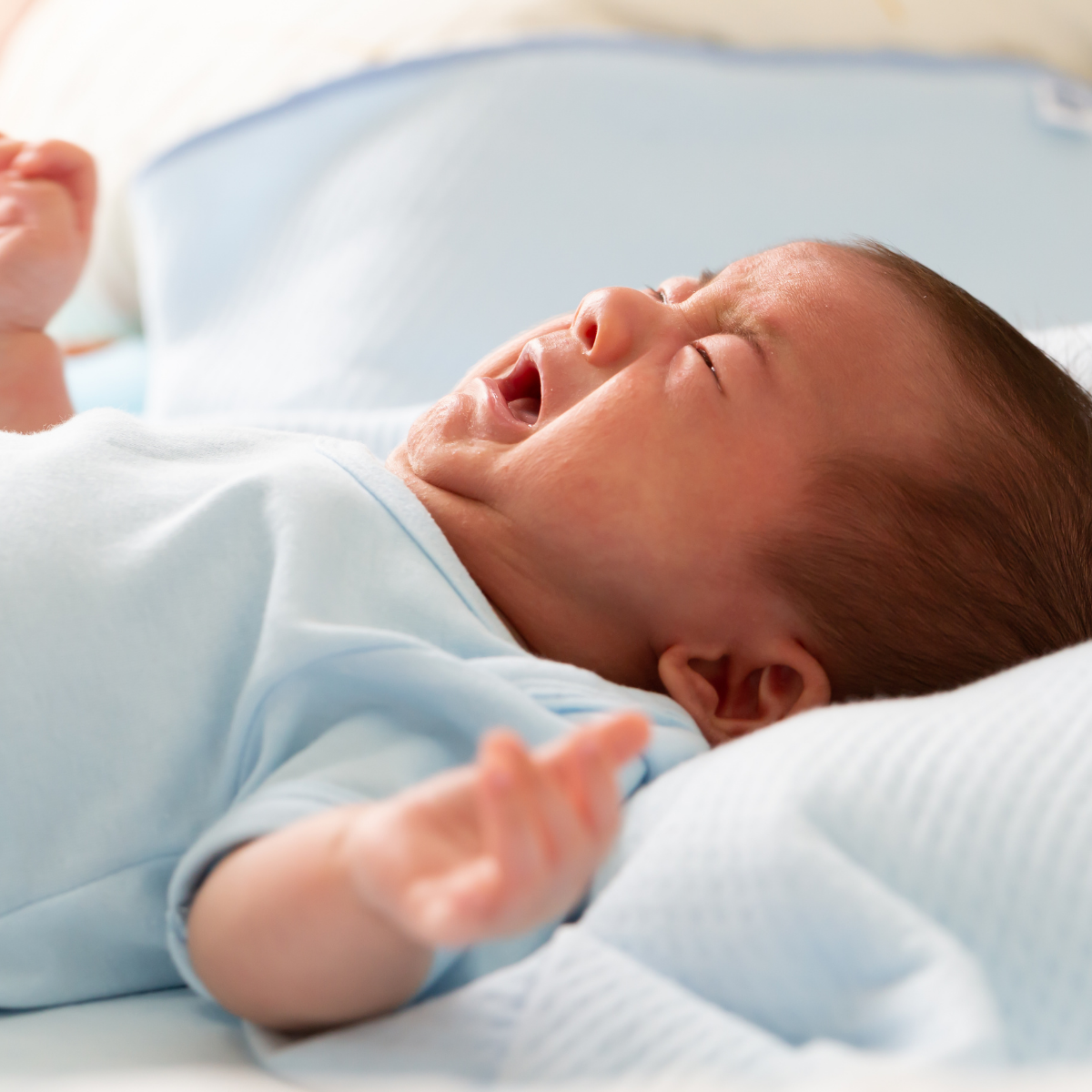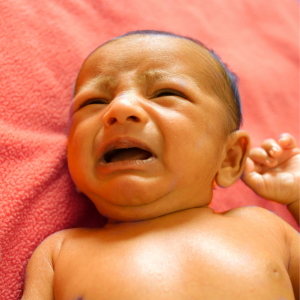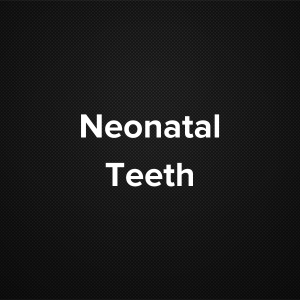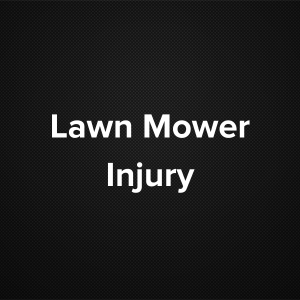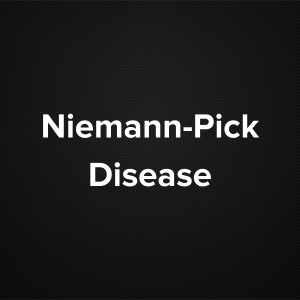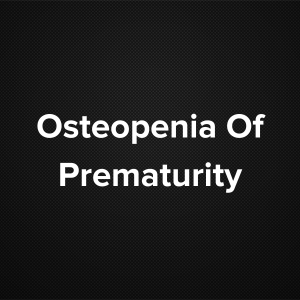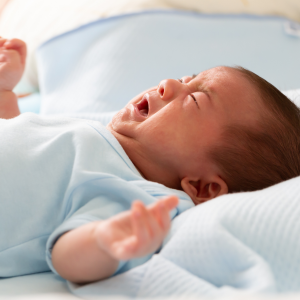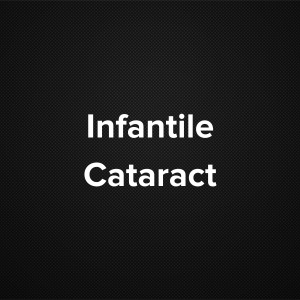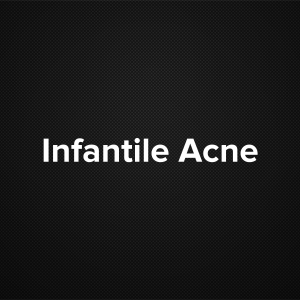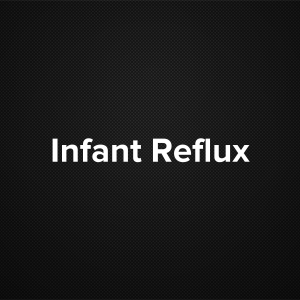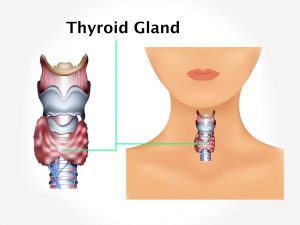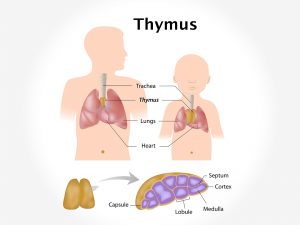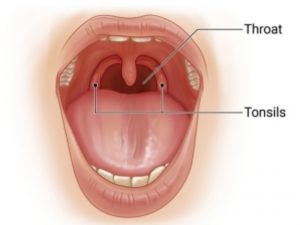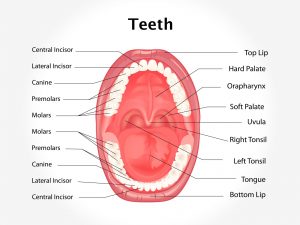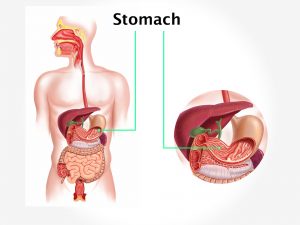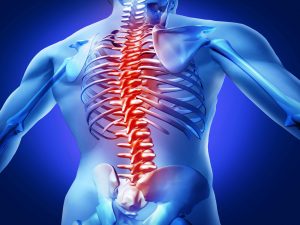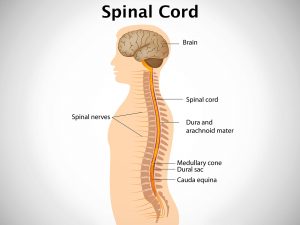Causes and risk factors
The exact cause of colic is not known. In most of the cases colic occurs without any underlying cause. Certain other predisposing factors are lactose intolerance, raised cerebral tension or brain edema. Differences in the feeding patterns of the baby and wrong postures, cow’s milk (in case where the baby is on external milk, change of milk formulas) are other contributing factors. Gaseous bowel loops due to faulty feeding habits is one of the common causes.
Symptoms
As babies are too small to describe the complaints, they convey the discomfort by crying. The cry is inconsolable; nothing can bring relief to the baby. The face becomes flushed. Changes in posture can be seen. They lie down in curdled up position or clench their fist and legs. At times the babies can cry at the same time every day. Palpating the stomach can evoke cry.
Diagnosis:
Diagnosis is done on the basis of symptoms narrated by the mother and the physical examination carried out by the pediatric doctor. Usually no investigations are required in cases of colic. After proper history and examination if required the doctor can suggest blood test, X-rays or USG.
Treatment:
Colic in babies generally resolves on its own. Gas relieving medications can be advised. Probiotics have also found to be effective. Administration of grip water or carminative mixtures has found to improve the complaints. Identifying faulty feeding habits and rectifying the same resolves the recurrence of colic. Underlying cause if any needs to be treated accordingly.
Other methods of treatment:
The other modes of treatment can also be effective in treating colic Homoeopathy is a science which deals with individualization considers a person in a holistic way. This science can be helpful in combating the symptoms.
Recent update:
A study published in JAMA have put forth that children with migraine were more likely to have experienced infantile colic than those without migraine.
